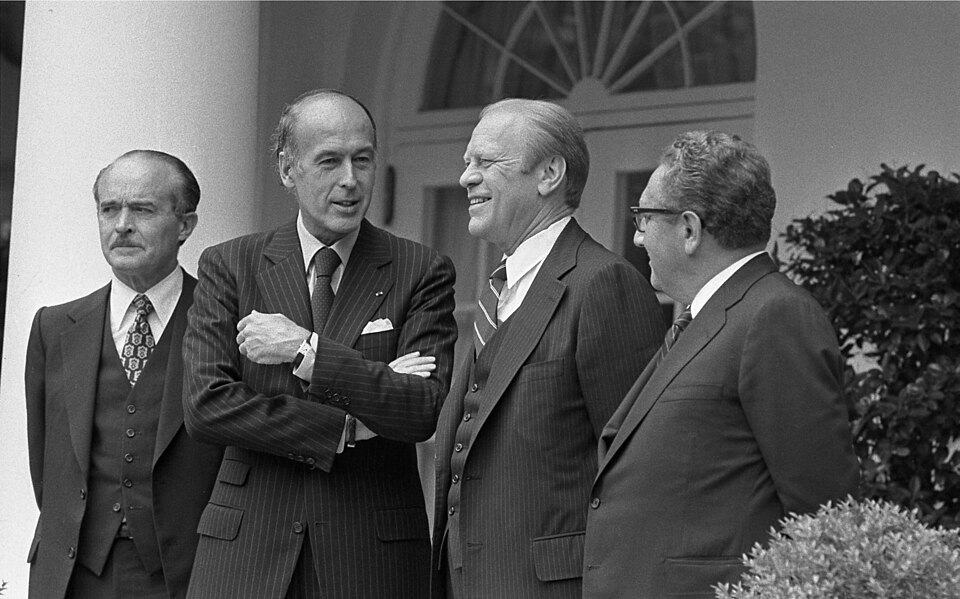French diplomatic criticism of a NATO which is tending to become a sort of catch-all organisation, if not the ‘world policeman’, is consistent with France’s repeated refusals to rejoin NATO’s integrated military structure. But these days France declines to turn in on itself, whether in the military, operational, doctrinal or technological fields. There exist points of consensus, areas of influence, attempts to share, doctrinal interactions. It is a question of marking out its territory inside NATO itself. The French ‘game’ of competition between NATO and the EU, and then the strategy of swinging towards one and then the other, have been succeeded by the military and diplomatic flexibility of working in a spirit of complementarity between the Alliance and the European Union, of making sure of command appointments on an opportunity basis, and if necessary of acquiring experience from the Americans in specific operations.
France and NATO: between political distrust and doctrinal rapprochement
It was forty years ago, in March 1966, that General de Gaulle officially announced France’s intention of withdrawing from NATO’s military structure. This anniversary is being celebrated discretely (if at all) at a time when Paris is engaged in a rapprochement with the Atlantic Alliance and European Security and Defence Policy (ESDP) is taking shape. The Franco-Atlantic crisis seems far away, and the new post-9/11 landscape has imposed more flexibility in perceptions.
It remains the case that the questions have not gone away, even if sometimes the debate is more a question of words than of principles; the sense of many French declarations is the idea that complementarity must be the watchword. Nevertheless the Ministre délégué aux Affaires étrangères, Catherine Colonna, has set out her stall, estimating that ‘. . . the Alliance must rest faithful to its original vocation, which is essentially military, and should not be allowed to become the exclusive institution of transatlantic debate’; it must not dilute its competences when other organizations have excellent records in the domains concerned. At the Wehrkunde Munich Conference on Security Policy on 4 February this year, France’s Minister for Defence, Michèle Alliot-Marie, attempted to clarify the respective particularities of NATO and the European defence community by launching the idea of a sort of division of labour whereby the former would undertake long, major actions with US participation, and the latter would concentrate on rapid intervention tasks requiring less force but more flexibility, including civil-military actions.
The questions
Il reste 90 % de l'article à lire




_astronaut_Sophie_Adenot_(jsc2025e058846_alt).jpg)



